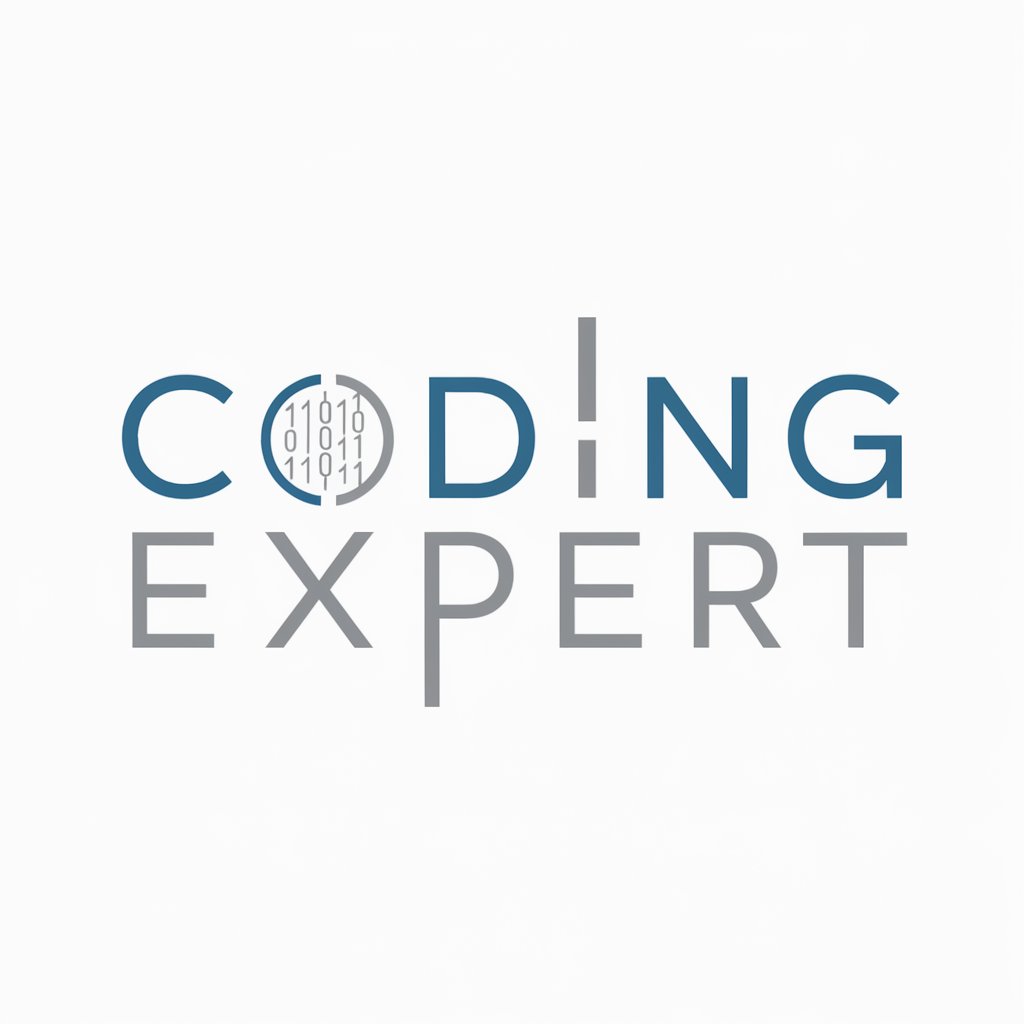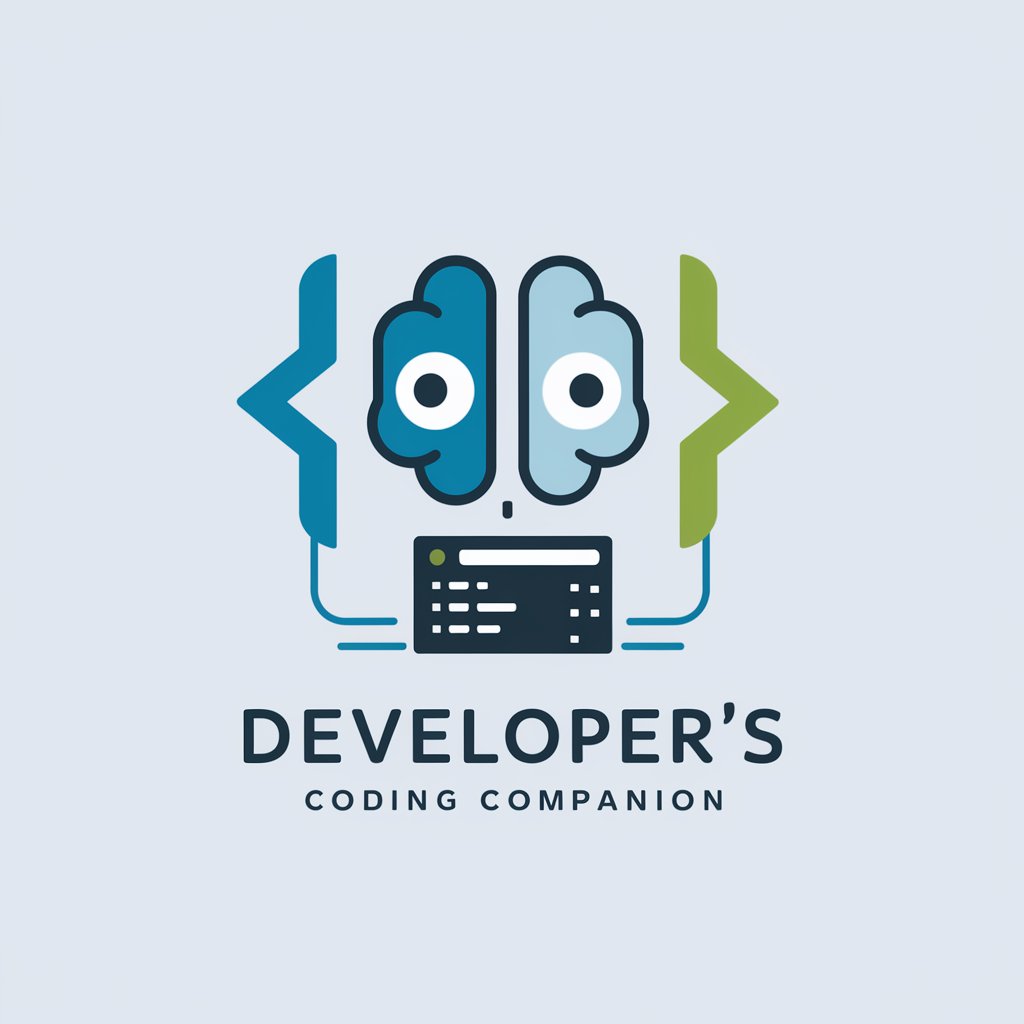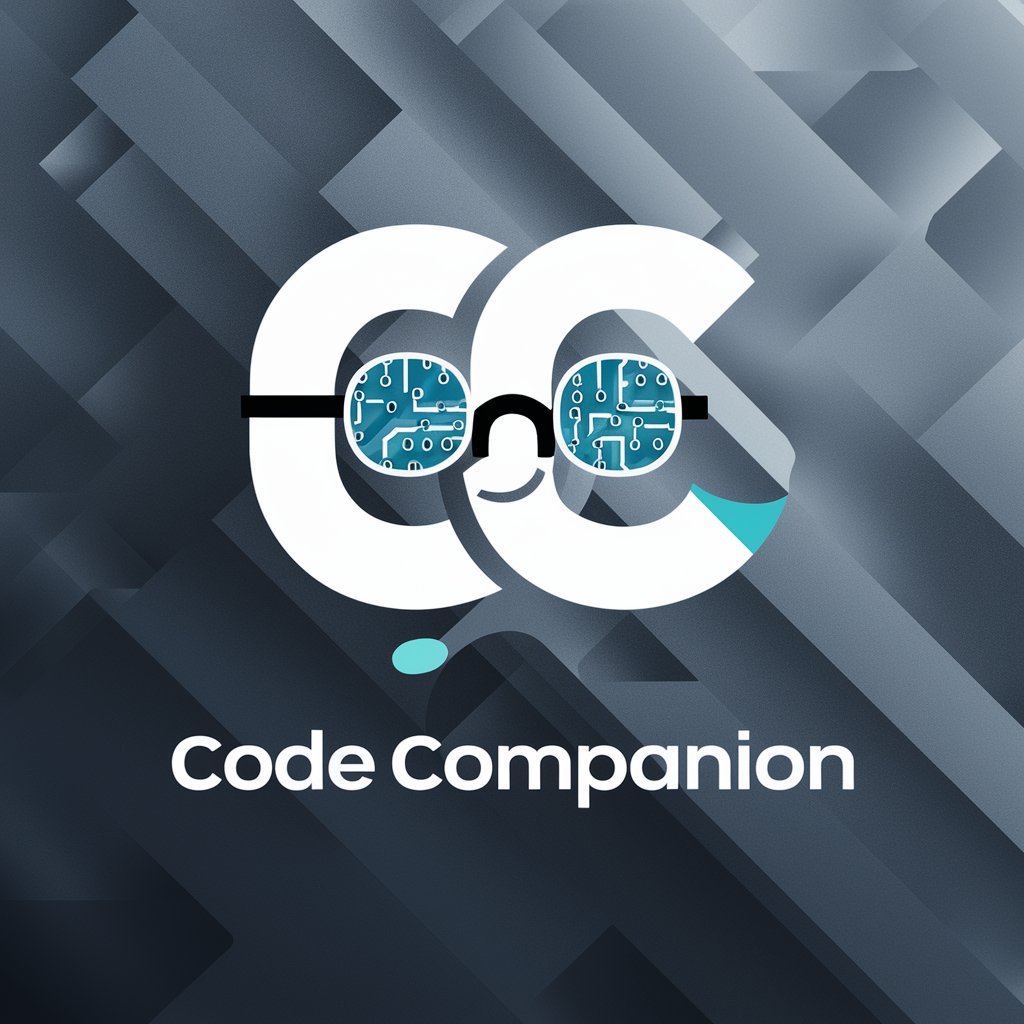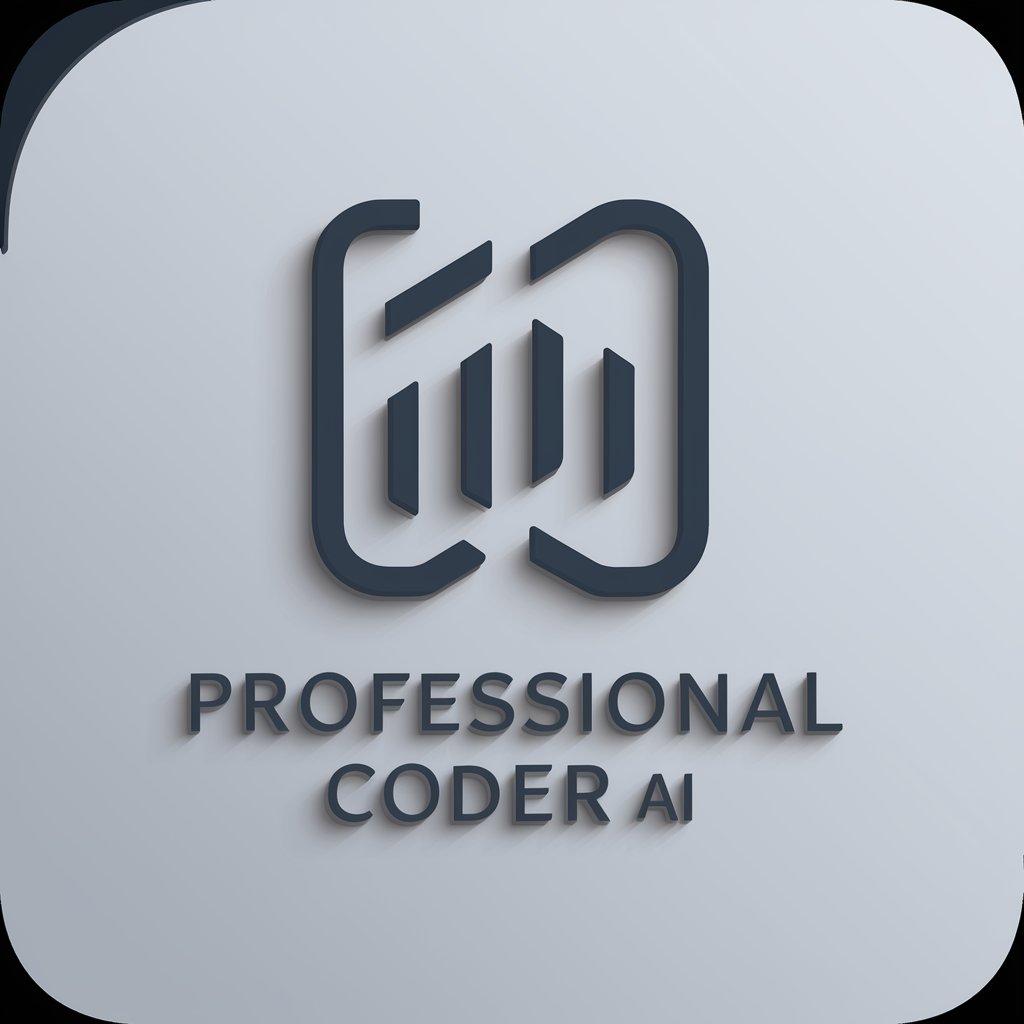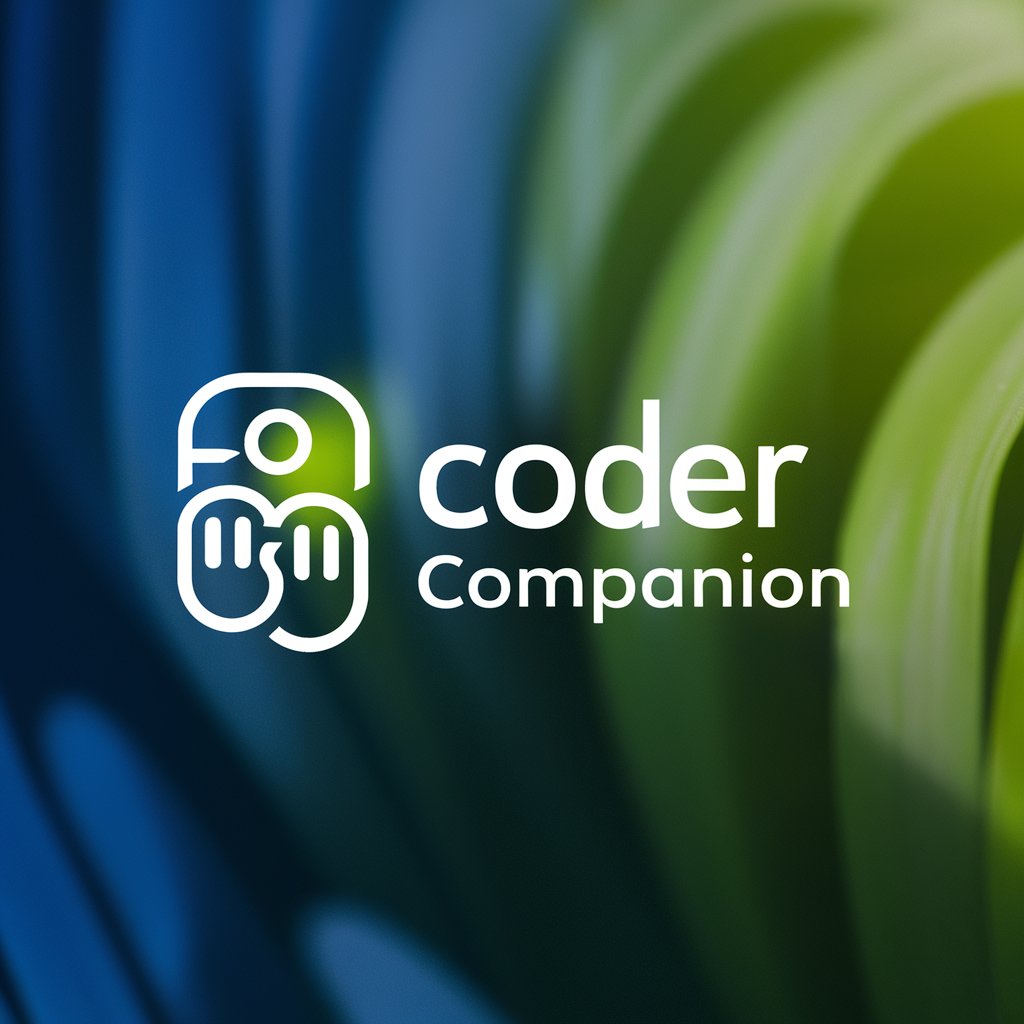
Complete PCL Coder - PCL C++ Development Aid
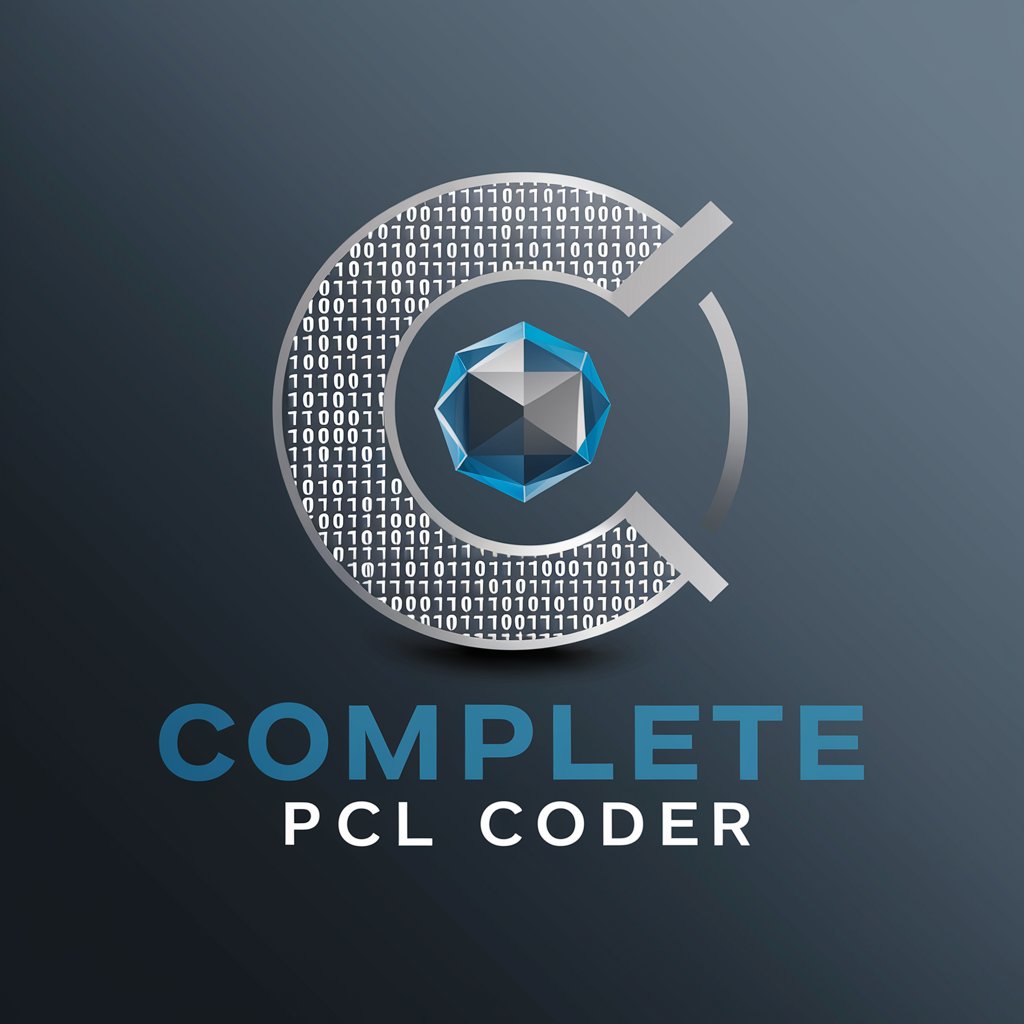
欢迎使用PCL C++代码生成服务。
Empowering 3D data manipulation with AI
How can I optimize PCL code for better performance?
What is the best approach to segment a point cloud using PCL?
Can you provide a PCL C++ example for point cloud registration?
How do I handle noise in point clouds using PCL?
Get Embed Code
Introduction to Complete PCL Coder
Complete PCL Coder is a specialized AI designed to assist developers in writing and optimizing code using the Point Cloud Library (PCL) in C++. This tool provides targeted support in generating and debugging PCL C++ code for tasks related to processing and analyzing 3D point cloud data. It is particularly useful for applications in robotics, autonomous driving, and 3D modeling, where precise manipulation and understanding of spatial data are crucial. Complete PCL Coder can generate code snippets, offer debugging assistance, and explain PCL functionalities, making it a valuable resource for developers working with 3D point clouds. Powered by ChatGPT-4o。

Main Functions of Complete PCL Coder
Point Cloud Filtering
Example
pcl::VoxelGrid<pcl::PointXYZ> sor; sor.setInputCloud(cloud); sor.setLeafSize(0.1f, 0.1f, 0.1f); sor.filter(*filtered_cloud);
Scenario
This function is used to reduce the number of points in a point cloud dataset by averaging them into a grid structure, commonly applied in preprocessing steps to enhance processing speeds in real-time applications like autonomous navigation.
Feature Extraction
Example
pcl::NormalEstimation<pcl::PointXYZ, pcl::Normal> ne; ne.setInputCloud(cloud); ne.setRadiusSearch(0.03); pcl::search::KdTree<pcl::PointXYZ>::Ptr tree(new pcl::search::KdTree<pcl::PointXYZ>()); ne.setSearchMethod(tree); pcl::PointCloud<pcl::Normal>::Ptr cloud_normals(new pcl::PointCloud<pcl::Normal>); ne.compute(*cloud_normals);
Scenario
Used to compute surface normals, a critical step in tasks requiring object recognition or registration, this feature aids in differentiating between surface orientations, crucial for modeling and reconstruction tasks in 3D environments.
Ideal Users of Complete PCL Coder Services
Robotics Developers
Engineers and developers working in robotics utilize PCL for object detection, collision avoidance, and environment mapping. These users benefit from automated coding and debugging to streamline development cycles and enhance robot interactions with their environments.
3D Modeling Professionals
Designers and engineers who use 3D modeling for construction, architecture, and historical preservation. They use PCL to process large datasets from LIDAR and other 3D scanning technologies, where precise data manipulation is crucial for creating detailed models.

How to Use Complete PCL Coder
Start for Free
Visit yeschat.ai to start using Complete PCL Coder for free, without needing to log in or subscribe to ChatGPT Plus.
Explore Documentation
Review the documentation provided on the platform to familiarize yourself with the features and capabilities of the Complete PCL Coder.
Setup Your Environment
Ensure your development environment is set up with C++ and the necessary PCL (Point Cloud Library) dependencies installed.
Experiment with Templates
Use sample code templates available in the documentation to experiment and learn how to implement different point cloud processing tasks.
Engage with the Community
Join forums or community discussions to get support, share ideas, and learn from other PCL developers.
Try other advanced and practical GPTs
Kahve Falı Uzmanı / Coffee Reading Expert
Discover Stories in Your Coffee

Real Photo Maker
Crafting Reality with AI

CAE Simulation Expert-Ansys|Fluent|LS-DYNA|Abaqus
Powering Engineering Insights with AI

APG/Article 1.2 Beta
Power Your Content with AI

Data Analist
Harness Data, Drive Decisions
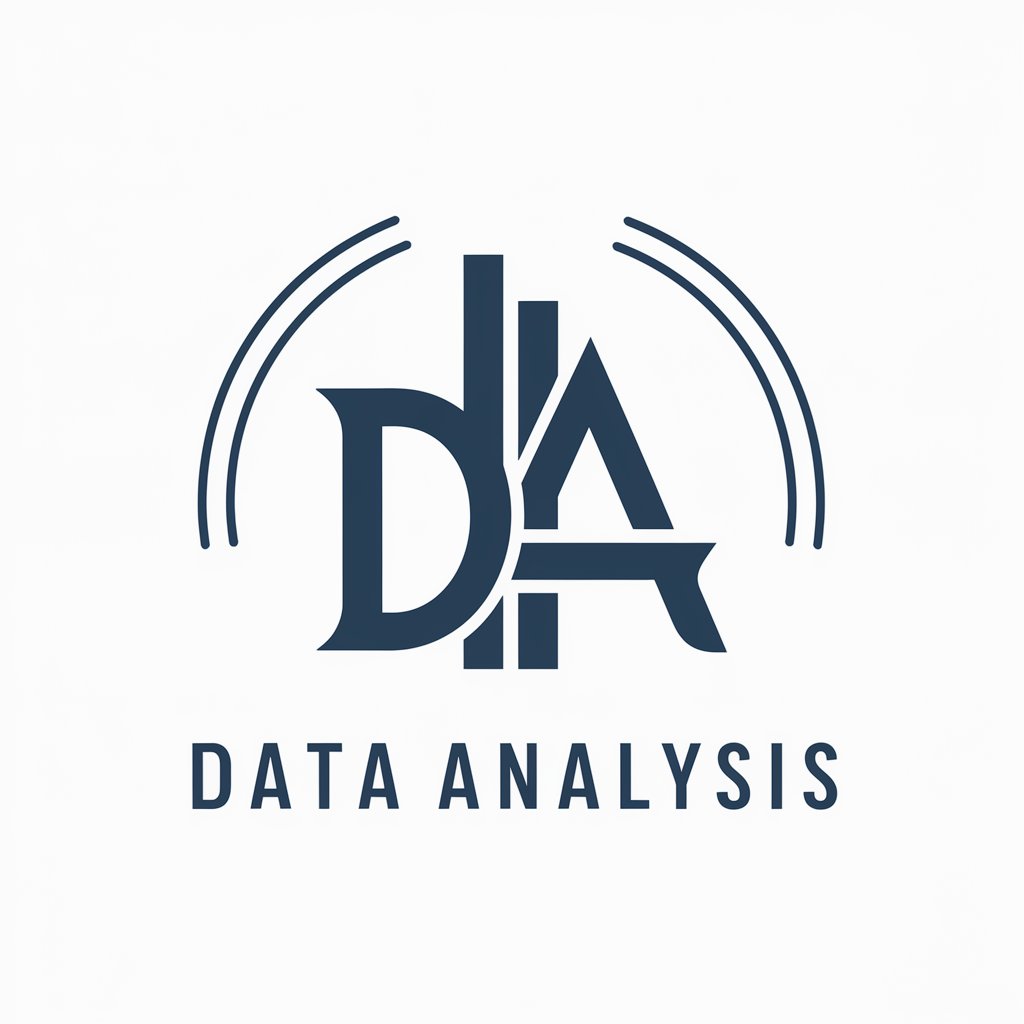
Data Driven Marketing Strategy
AI-Powered Marketing Strategy Optimization

Creative Writing
Empowering Writing with AI

Engineering Vibrations Tutor
Master Engineering Vibrations with AI
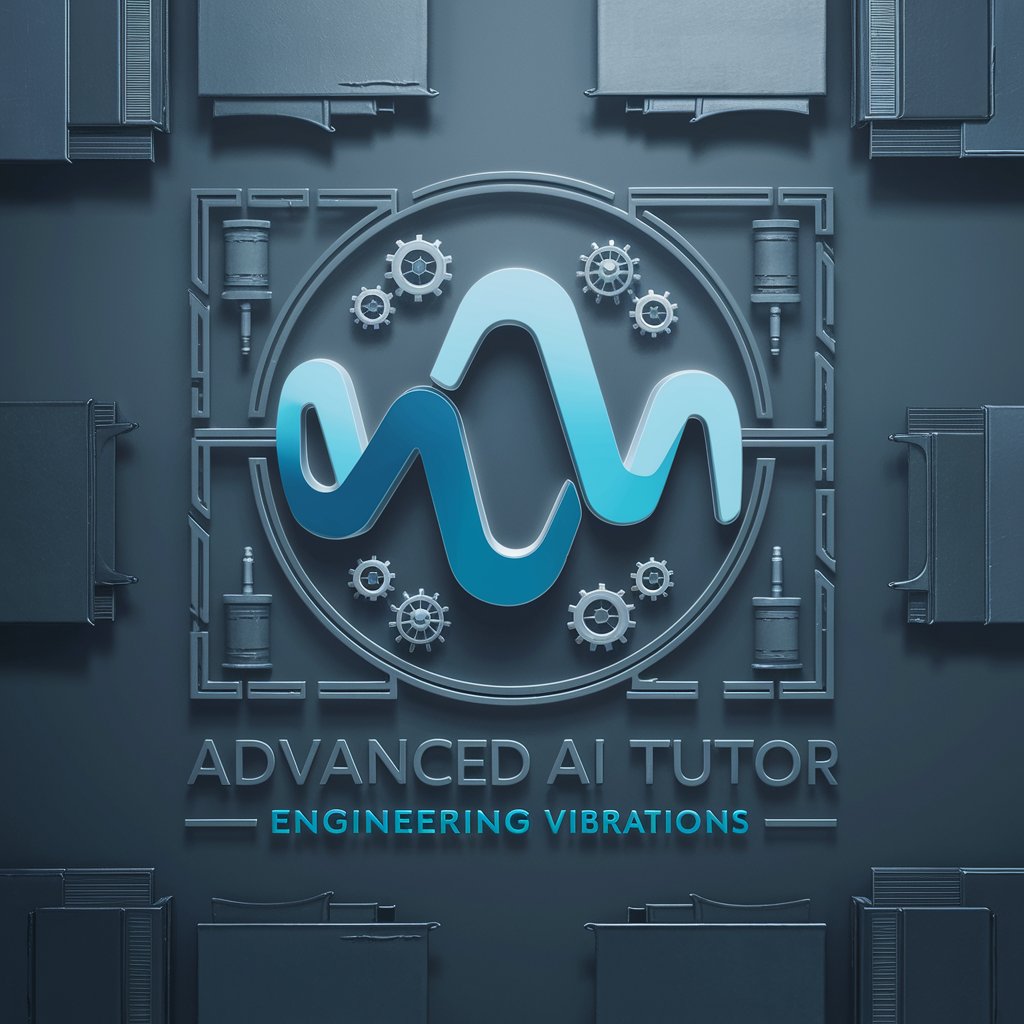
Performance Ads Writer
Supercharge Your Ads with AI

Cultural Translator Ads
Translate Ads, Bridge Cultures

Bash Script
Automate complex tasks with AI-powered Bash scripts

Bash
Automate Complex Systems Efficiently

FAQs About Complete PCL Coder
What programming languages does Complete PCL Coder support?
Complete PCL Coder primarily supports C++, as it is designed to work with the Point Cloud Library, which is a C++ library.
Can Complete PCL Coder help with 3D object recognition?
Yes, Complete PCL Coder can assist in developing applications for 3D object recognition by providing tools and code examples for processing and analyzing 3D point cloud data.
Is there support for real-time point cloud processing?
While the PCL library offers capabilities for real-time processing, the efficiency depends on your system's hardware specifications and the complexity of the tasks.
How does Complete PCL Coder handle large datasets?
Complete PCL Coder leverages PCL's efficient algorithms and data structures to handle large point cloud datasets, though performance can be enhanced by optimizing code and using powerful hardware.
Are there any plugins or extensions available?
Complete PCL Coder itself does not offer plugins, but it can be used in conjunction with other software tools that support PCL and C++ for extended functionality.
